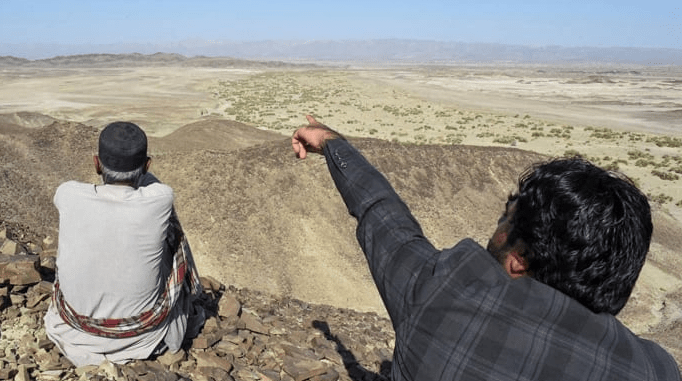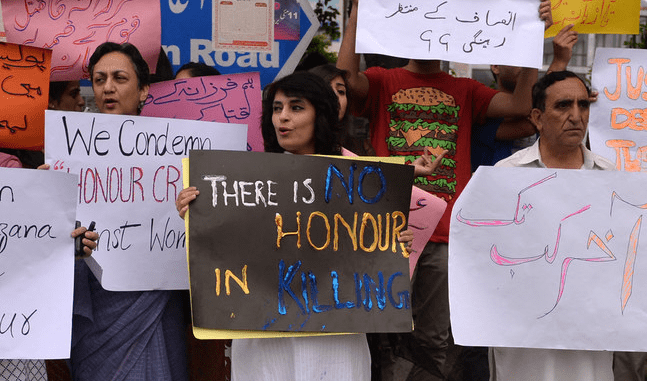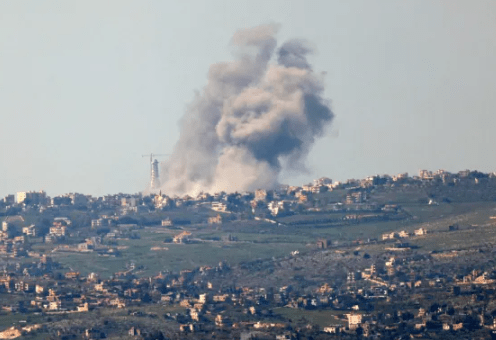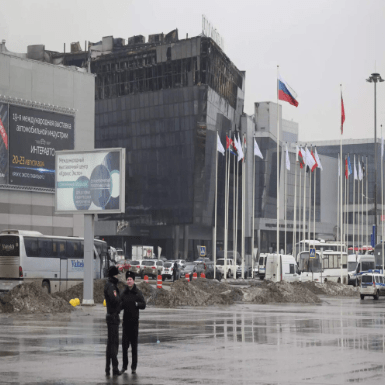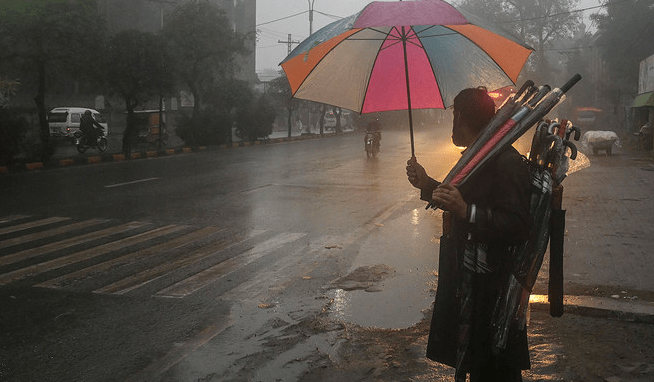Chad’s former President Hissene Habre dies of COVID aged 79
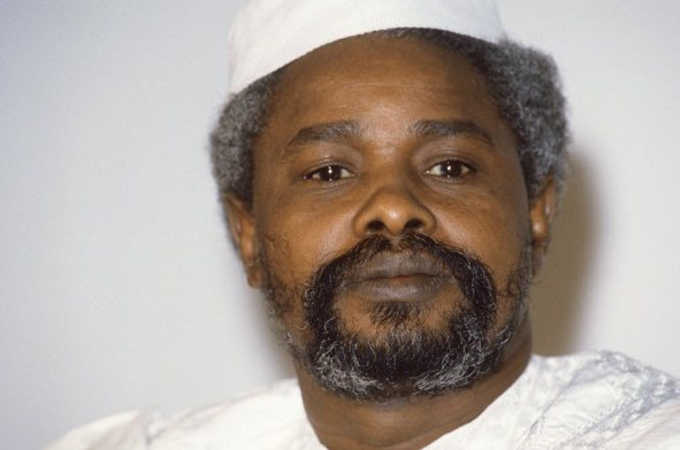
Habre, who ruled Chad from 1982 to 1990, was serving a life term in Senegal for war crimes and crimes against humanity.
Chad’s former President Hissene Habre, who was serving a life term in Senegal for war crimes and crimes against humanity, has died, the Senegalese justice ministry said. He was 79.
“Habre is in his Lord’s hands,” Senegal’s Justice Minister Malick Sall said on the TFM television channel, announcing Habre’s death.
The head of Chad’s military government, Mahamat Idriss Deby Itno, also offered his “sincere condolences” to Habre’s family “and the Chadian people”.
“To God we belong and to Him we return,” Deby said on Twitter.
Habre succumbed to COVID-19 on Tuesday in Dakar’s main hospital, Chad’s consulate told the AFP news agency. He fell ill in jail about a week ago and was taken to a clinic in the capital before being moved to the Hospital Principal, where he died.
The former strongman seized power in 1982, ruling with an iron fist until he fled to Senegal in 1990 after being deposed by Deby’s father, Idriss Deby Itno, who died fighting rebels earlier this year.
Habre’s rule was marked by brutal crackdowns on dissent, including alleged torture and executions of opponents. Some 40,000 people are estimated to have been killed.
In exile in the Senegalese capital, Habre lived a quiet life in an upmarket suburb with his wife and children.
But the former strongman – who was dubbed “Africa’s Pinochet” – was eventually arrested in 2013 and tried by a special tribunal set up by the African Union (AU) under a deal with Senegal.
The trial created a legal and political precedent, marking the first time that a country prosecuted a former leader of another nation for rights abuses.
In May 2016, Habre was handed a life term for war crimes, crimes against humanity and torture. The sentence was upheld the following year.
As Habre began serving his sentence in the Cap Manuel penitentiary in Dakar, his supporters voiced concern for his health and pushed for more lenient conditions given his advanced age.
Last year, a Senegalese judge granted him a two-month furlough designed to shield him from coronavirus.
Groups representing Habre’s victims recognised his right to be treated humanely, but fiercely resisted preferential treatment for the former strongman.
Reed Brody, a lawyer who represented Habre’s victims, said in a statement on Tuesday that he had been calling “for months” for the former president to be vaccinated against COVID-19.
AFP was unable to independently verify whether Habre had received a jab.
Brody was nonetheless withering about Habre’s legacy, saying he would “go down in history as one of the world’s most pitiless dictators”.
“[Habre] slaughtered his own people to seize and maintain power … burned down entire villages, sent women to serve as sexual slaves for his troops and built clandestine dungeons to inflict torture on his enemies,” Brody said.
Habre’s conviction was seen as a turning point for pursuing rights abusers in Africa, where the International Criminal Court (ICC), located in The Hague, was becoming increasingly unpopular.
Habre was ordered to pay up to 30,000 euros ($33,000) to each victim who suffered rape, arbitrary detention and imprisonment during his rule, as well as to their relatives.
Victims’ groups say they have not been paid, however.
Jacqueline Moudeina, another lawyer representing Habre’s victims, told AFP that “this death does not absolve Chad or the African Union from compensating the victims”.
“We will continue the fight so that the victims return to their rights,” she said.

